
You Too? by Gurtler Blog Tour + Giveaway BookishRealm
How to use "too" correctly. "Too" is most commonly used to express excess, but you can also use it to emphasize a point or confirm the accuracy of a statement. For example, "That was too good.". To sound natural in conversations, compare "too" with words like "also" or "as well" and choose the one that is most.

Intelliblog MOVIE MONDAY I LOVE YOU TOO
Too means "also" ( I'm going, too) or "to an excessive degree" ( too much ). Two is the number 2. The words are used in very different ways: to is most commonly used as a preposition, while too is an adverb. Two is a number that can be used as a noun ( I have two) or an adjective ( two wheels ). How much do you know about homophones?

You Too YouTube
"You too" is a polite way to return a message or sentiment to someone. We use "too" to mean "as well." This applies their original sentence back at them without us having to be direct or say the same thing they said. "Too" can also come after a comma. We can split it into "you, too" if we want to follow standard formal English writing rules.

YYOU TOO (YIAY 286) YouTube
Another clear red flag that you may be carrying too much debt, according to McBride, is if your total payments for non-mortgage debt exceed 15 percent of your monthly gross income. Assuming a.

Using SO and TOO in English English Learn Site
word choice - "And to you" or "you too"? - English Language & Usage Stack Exchange Asked 12 years ago Modified 6 years, 3 months ago Viewed 109k times This question shows research effort; it is useful and clear 5 This question does not show any research effort; it is unclear or not useful Save this question. Show activity on this post.

Thanks, to you too Poster Anele Keep CalmoMatic
The phrase "you too" can also be used interchangeably in this context. For example, if someone expresses condolences for a difficult situation, simply saying "you as well" may be perceived as insincere or inappropriate. In such cases, it may be better to offer a more heartfelt response that acknowledges the difficult situation and.

I Love You Too KEEP CALM AND CARRY ON Image Generator
4 Answers Sorted by: 2 As a native English speaker, in the U.S., I'd offer "and you, as well" instead of "and you." "And you," by itself, is almost never spoken by a native English speaker (in the U.S.), but appears quite often in spanish: 'y tu', or 'y usted." The most common response would be, "You too!", or "Thanks, you too!" I hope this helps!

Thank you ) Same to you too
You too or Me too. We usually use "me too" to show that we have also performed the same task. We use "you too" to place more emphasis on the fact that something happened to the other person. Author. Recent Posts. Conor. Conor is the main writer here at One Minute English and was an English teacher for 10 years.
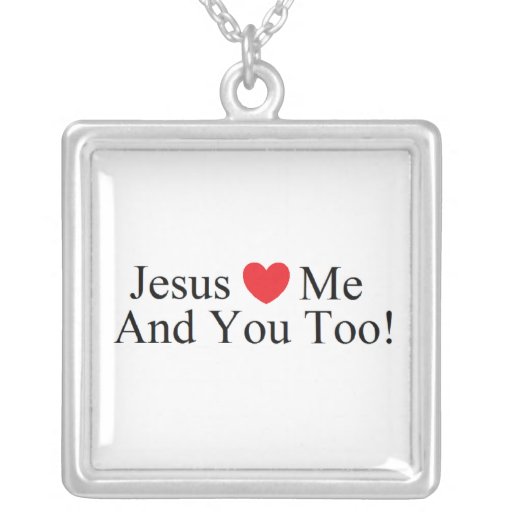
Jesus Loves Me and You Too! Necklace Zazzle
Updated on January 14, 2021 Grammar You've likely read sentences in which there was a comma before and/or after the adverb too when it is used to mean "besides" or "also," but is this correct usage?
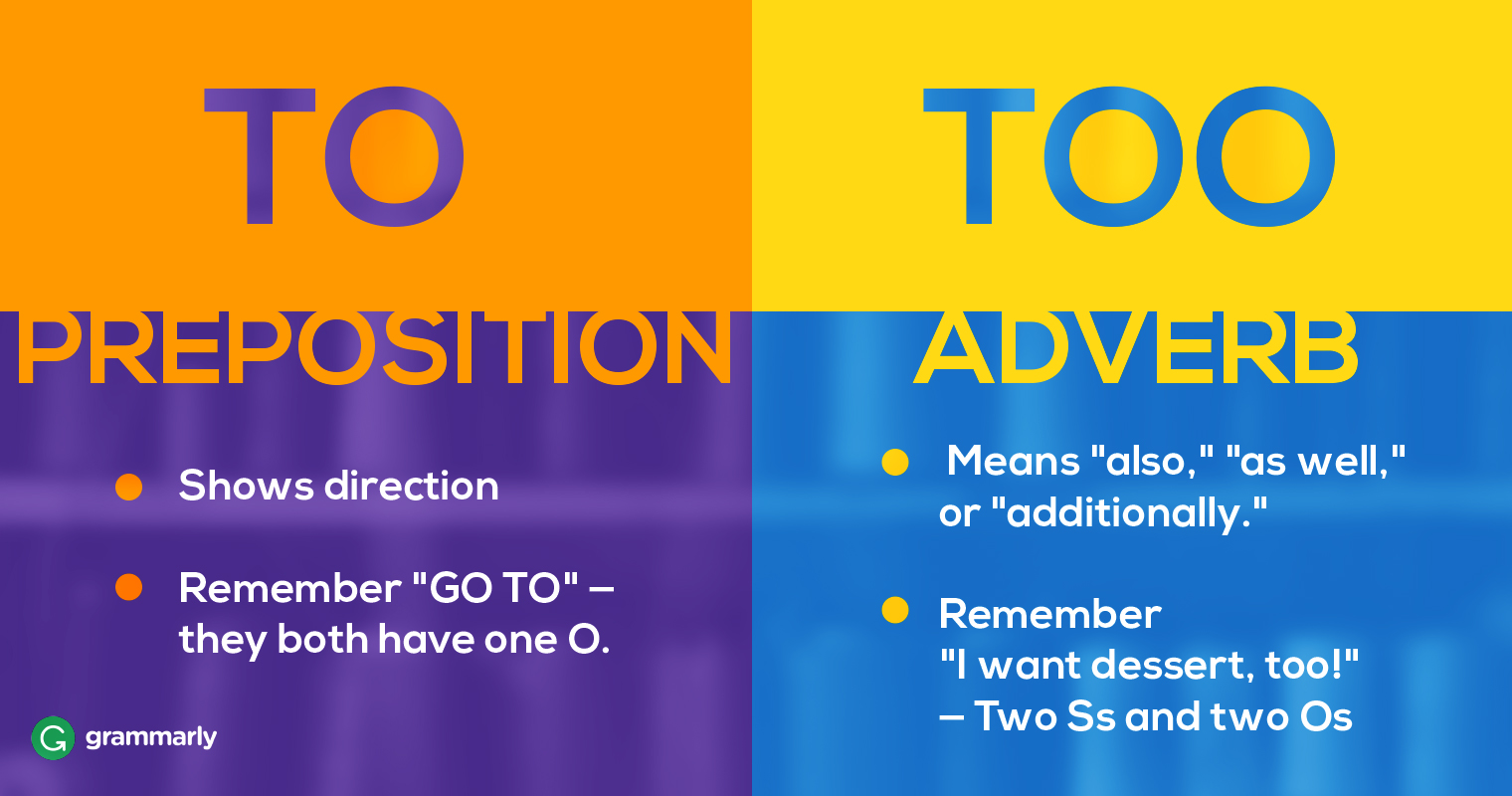
To vs. Too How Should You Use To and Too? Grammarly
The two words mean entirely different meanings. "To" is a preposition and part of an infinitive verb in American English. Sentence examples. "Two" as a word also sounds very similar to the words "to" and "too." Those are called pronunciation homophones. And can get confused when going through the American English language learning process.
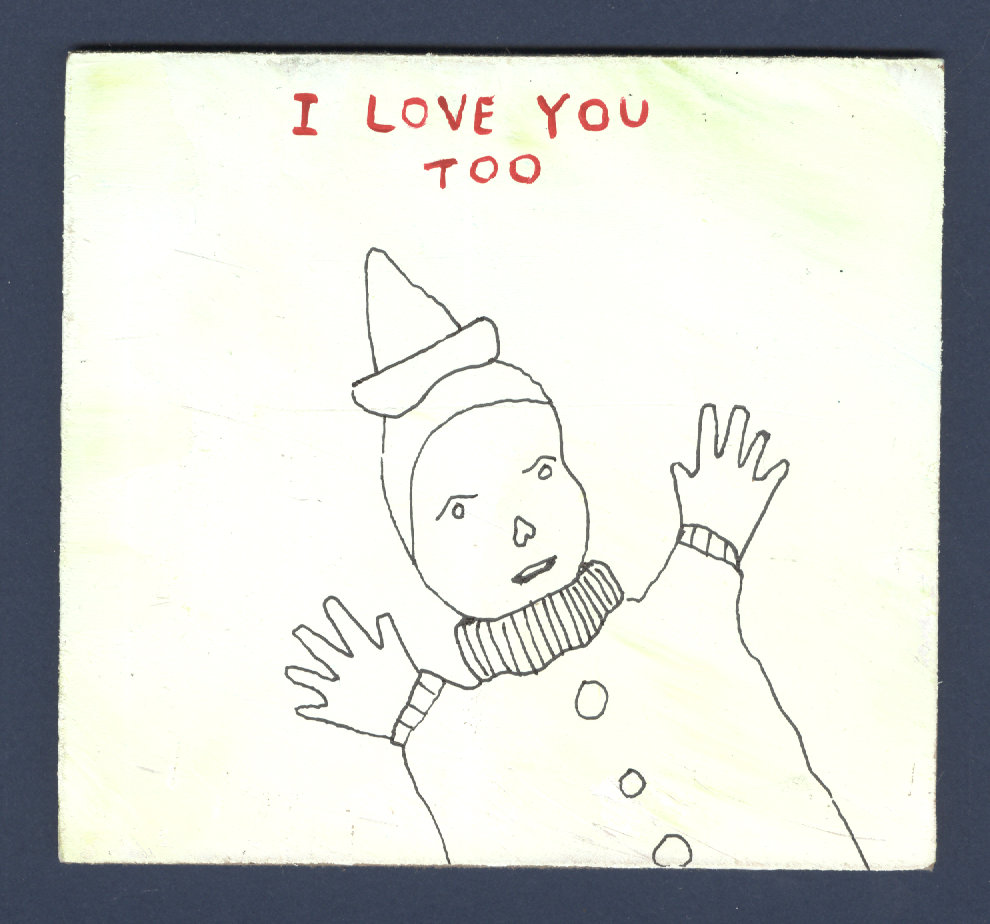
personal message I love you too
The words "to," "too," and "two" are homophones: they sound alike but have different meanings. The preposition "to" refers to a place, direction, or position. The particle "to" is used before the verb in a to-infinitive. The adverb "too" means also, very, extremely, or additionally. "Two" refers to the number 2.
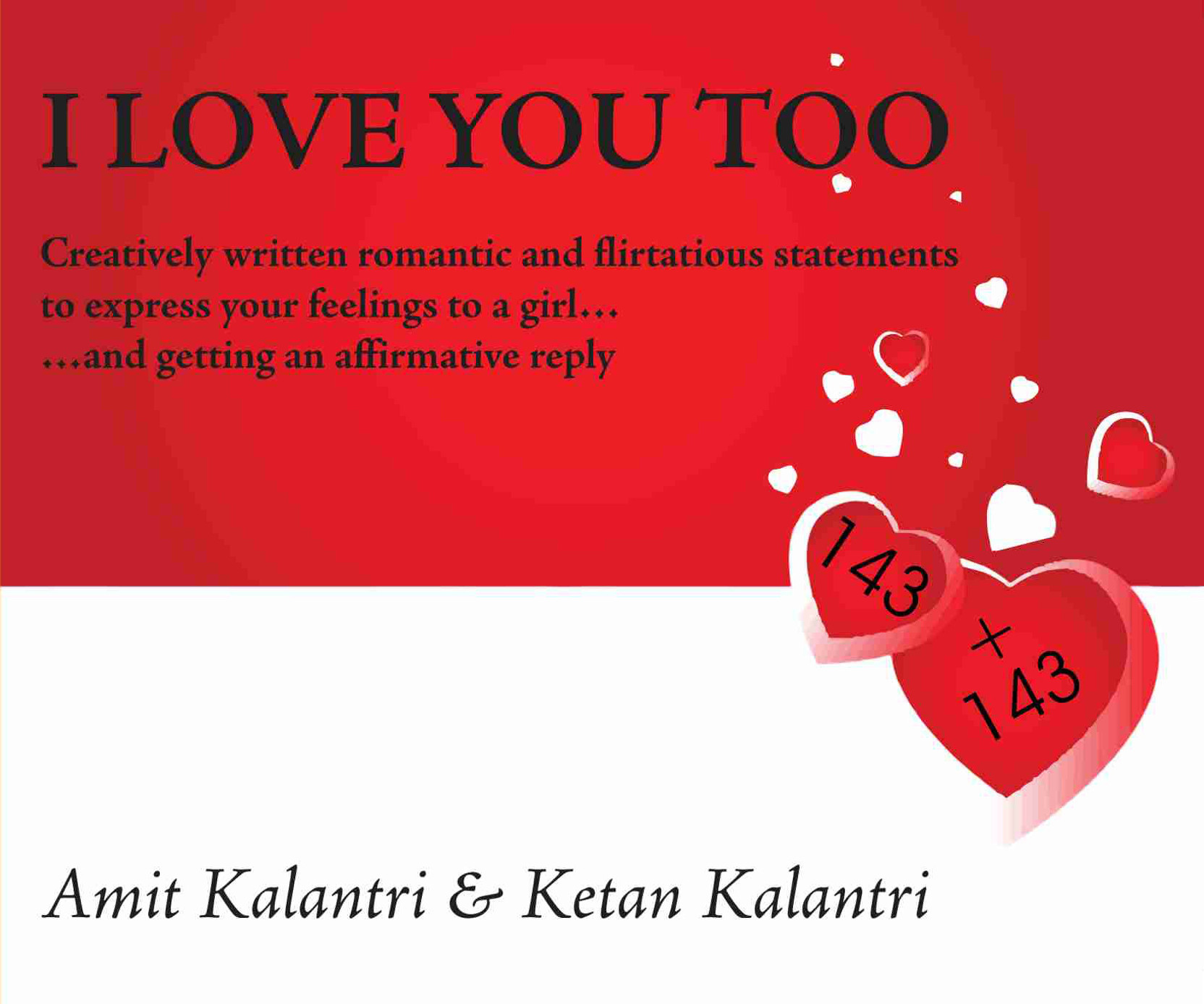
I Love You Too Buy I Love You Too by kalantri, amitauthor;kalantri, ketanauthor;author
Too is an adverb that can mean "excessively" or "also." Just to be clear: Two is also pronounced the same as to and too, but because it refers to a number, it's not as easy to confuse for one of the other words. In the hierarchy of things that drive grammar sticklers mad, to and too are near the top.

You Too Stephen Michael King
"See you tomorrow!" "You, too!" [=See you tomorrow, too!] When you, too is followed by a question mark, however, it is used to ask the listener if they have had the same experience as the speaker: "When I picked up the phone, the caller just hung up on me!" "That happened to me last night!" "Really? You, too?" [=That also happened to you?]

Tomatoes MAKE ME SMILE (and you too) Heerlijk seizoensfruit voor de gezonde geest
Para One presents You Too (2014 Club Mix). Grab your copy on iTunes HERE : http://smarturl.it/YouTooParaOneSubscribe to Spinnin' TV HERE : http://bit.ly/SPIN.

To vs. Too When to Use To or Too with Useful Examples Efortless English
December 14, 2023 Grammar confusion can lead to common English mistakes and impact the clarity of your written communication. One widespread error involves the usage of homophones like "to" and "too." These similar-sounding words fulfill distinct grammatical roles and should not be interchanged.
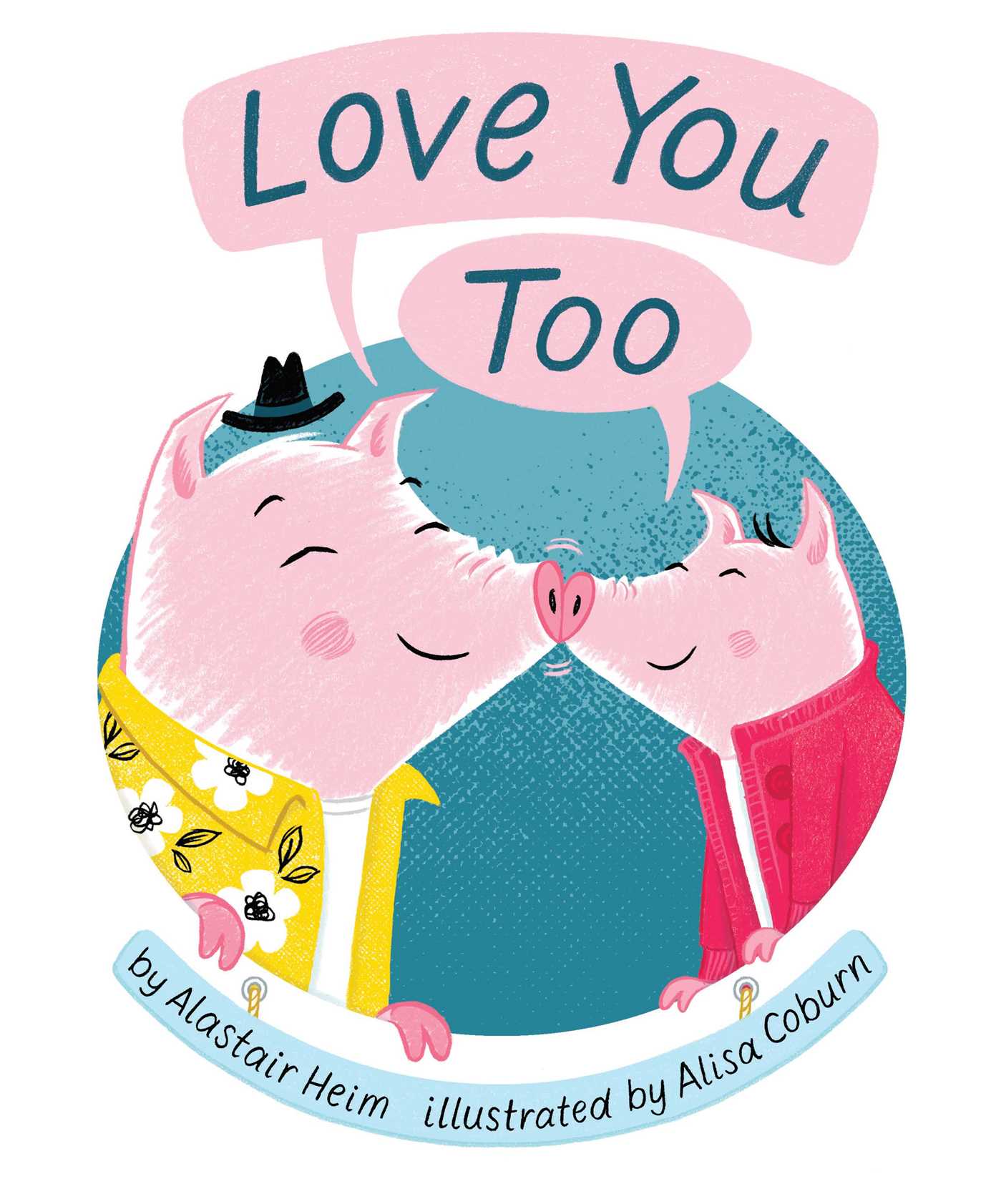
Love You Too Book by Alastair Heim, Alisa Coburn Official Publisher Page Simon & Schuster
I tend to think it is, as "too" serves the role of a referential phrase, repeating the verb-phrase of a preceding sentence, and "you" acts simply as a subject pronoun. But, I've heard an argument to the contrary. punctuation commas writing sentence-ends Share Improve this question Follow edited Aug 3, 2019 at 16:44 tchrist ♦ 134k 49 370 588